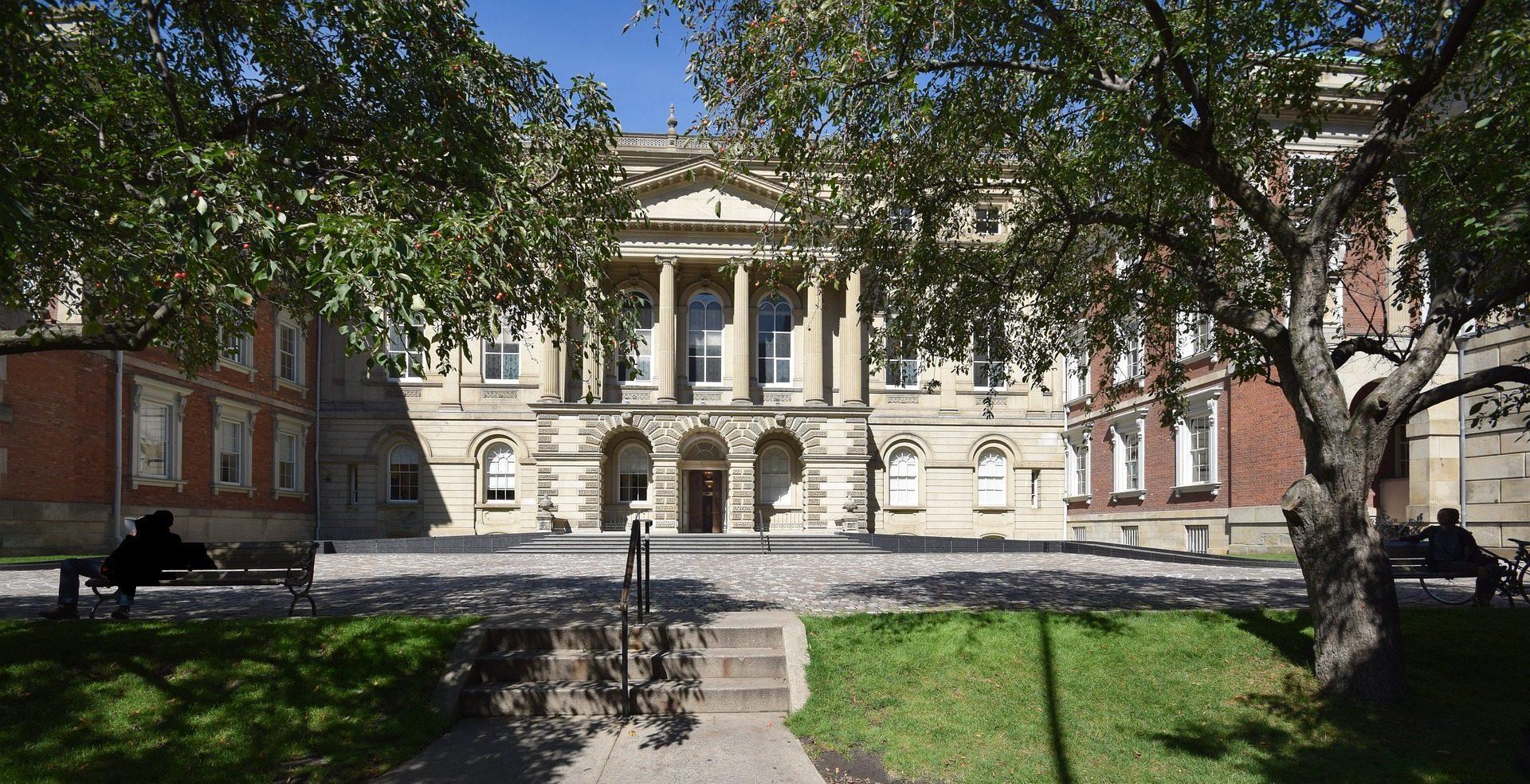By Justin Chandler
The Ryerson Men’s Issues Awareness Society (MIAS) had its day in court as counsel for the Ryerson Student’s Union (RSU) argued the justice had no jurisdiction to rule on the case.
Justice Paul Perell heard legal arguments Wednesday at the Osgoode Hall courthouse and after a long day, deferred judgment to a later date.
The RSU was sued as part of a joint case alongside two other student unions. The applicants were the MIAS and two anti-choice groups. They allege their respective student unions unfairly denied them club status in 2015 and 2016, thereby violating union rules and the applicants’ freedom of expression.
In October 2015, the RSU, led by then-president Andrea Bartlett, denied the MIAS’ application for student club status. Bartlett said it was in part because of the group’s associations with national men’s rights groups and the MIAS not acknowledging women’s oppression and male privilege. In 2016, after an appeal to the RSU board of directors was voted down, the MIAS filed a lawsuit against the RSU.
“There’s no right to be a student group. The right stops at the application.”
Lawyer Marty Moore represented the applicants. Working together, lawyers Alexi Wood and Jennifer Saville represented the RSU and the University of Toronto Mississauga Students’ Union (UTMSU) and Andrea Sanche represented the Student Association of Durham College and University of Ontario Institute of Technology (UOIT).
A central question to the day’s proceedings was whether or not the court had jurisdiction over the students’ unions decisions in this case.
Perell stopped short of a decision but debated the point extensively with the lawyers for each side.
The applicants’ counsel argued that a “chief” benefit of being in a student union is the ability to form clubs. Moore argued the unions had incorrectly applied bylaws in denying the applicants club status. He said the respondents had unfairly prevented the groups from forming because union members disagreed with their views.
Citing a conversation with former RSU executive Obaid Ullah, Moore said the RSU felt “exposing students to ideas that offend them” made spaces unsafe.
“There are some occasions where democracy is not the answer.”
The respondents’ counsel argued that even though they operate in public spaces, student unions are private institutions with democratically elected leaders and democratically selected bylaws.
“There’s no right to be a student group. The right stops at the application,” Saville said.
Her team also said it wasn’t necessary to take this case to court. If the applicants want to get club status, they could submit motions changing union policies or run for office, the lawyers said.
“There are some occasions where democracy is not the answer,” Perell said, challenging the premise of that argument. “Hitler got elected.”
The respondents’ counsel also argued that unlike what the applicants’ counsel said, the unions they represent correctly followed their policies and procedures when making decisions.
Perrel did not set a date for when he will issue his verdict. Stay tuned for more updates.













Leave a Reply